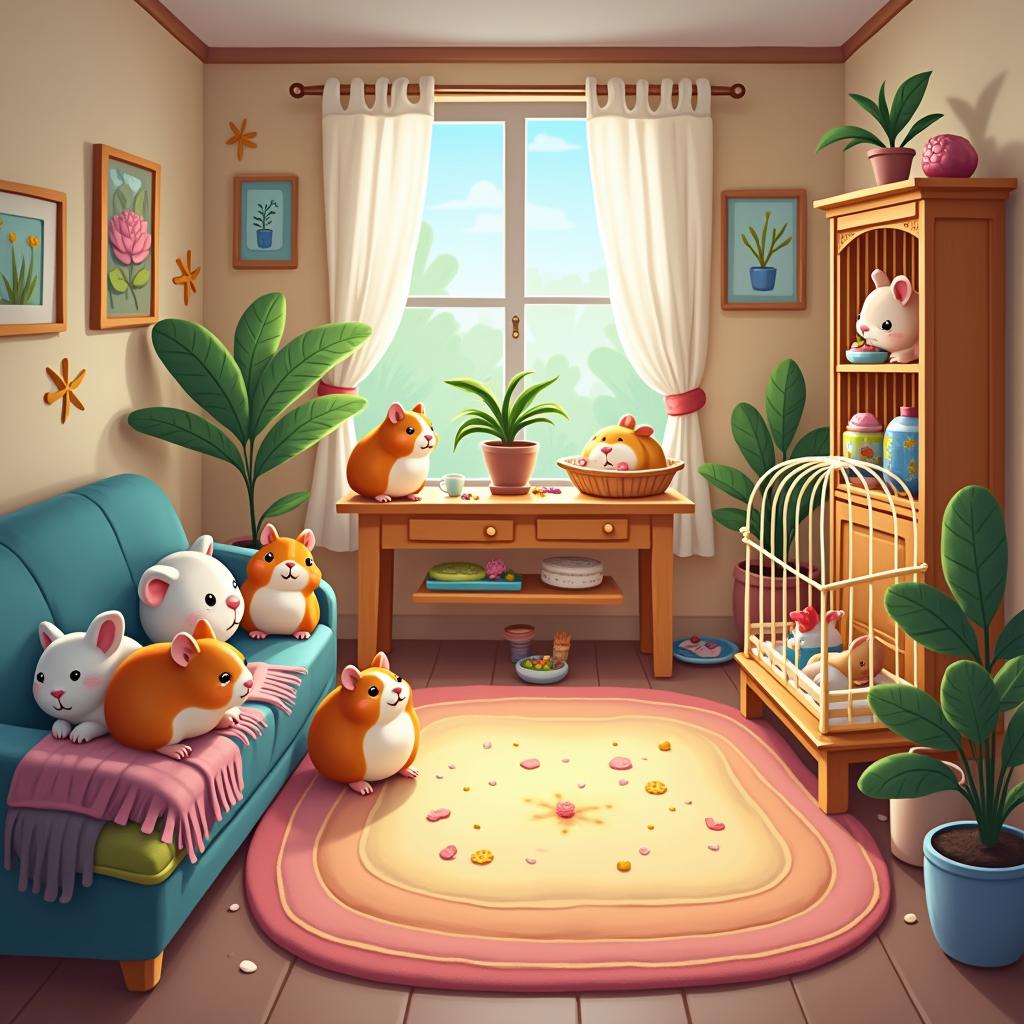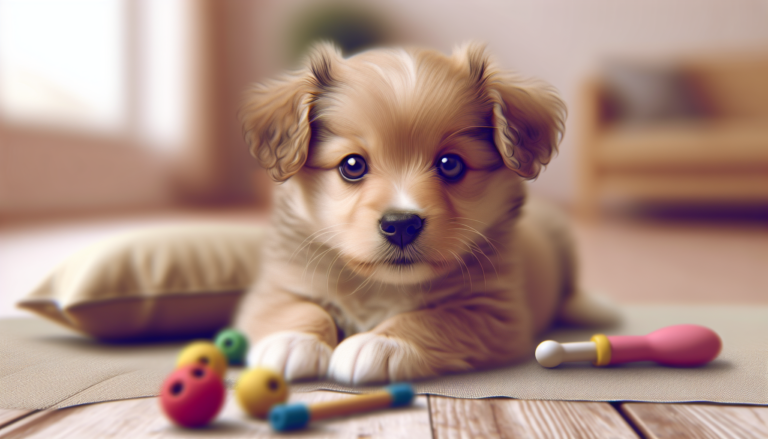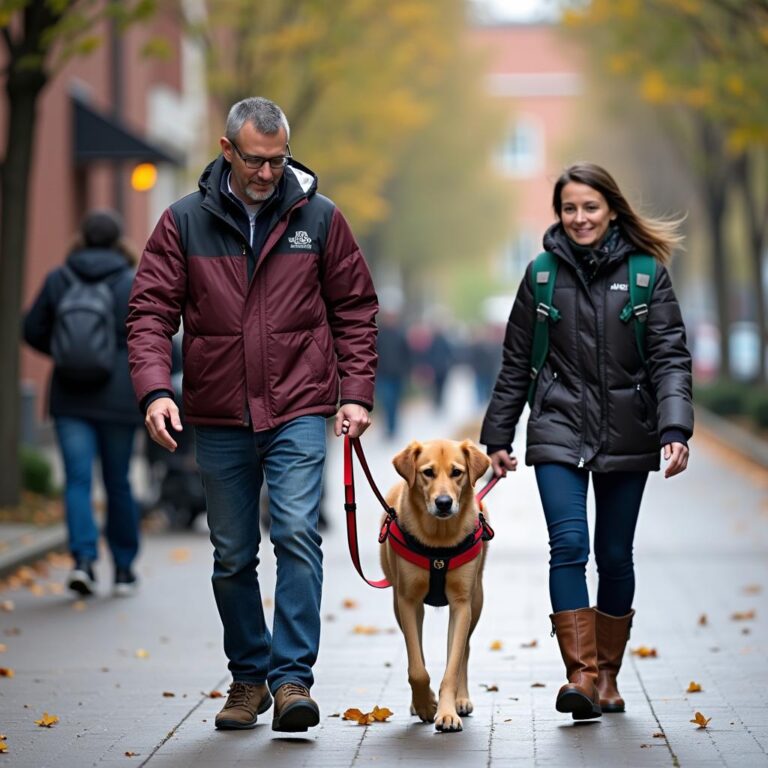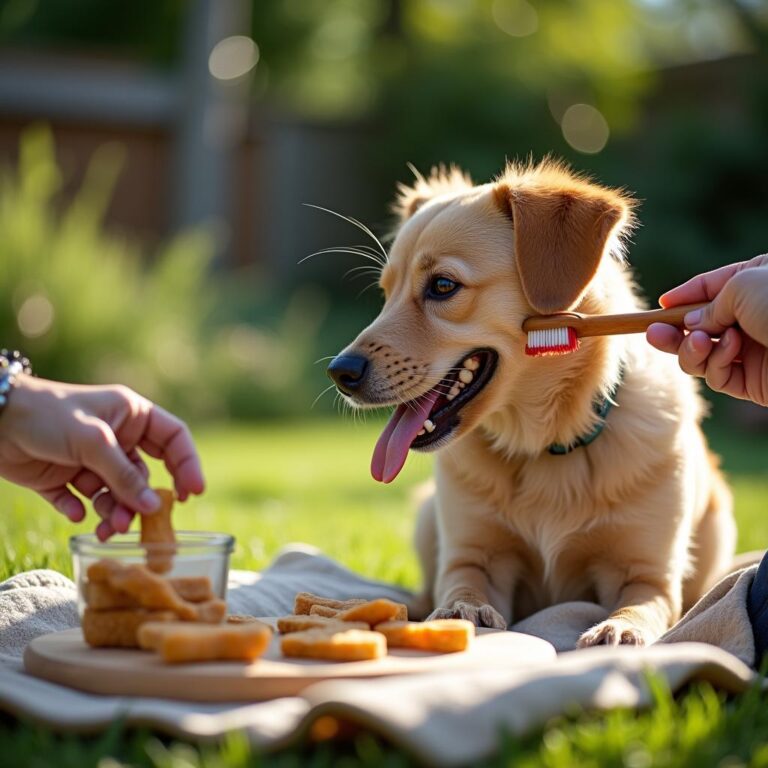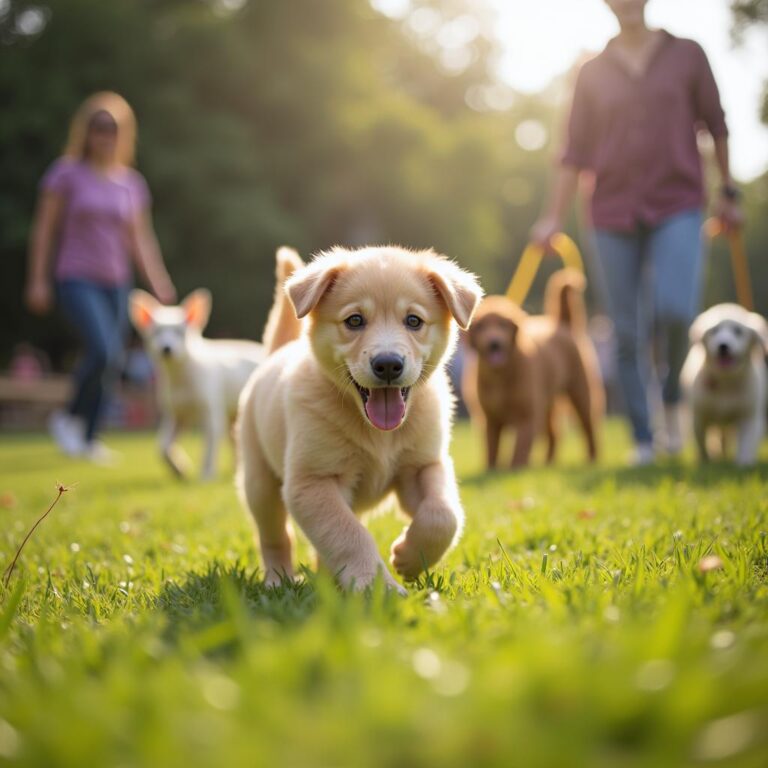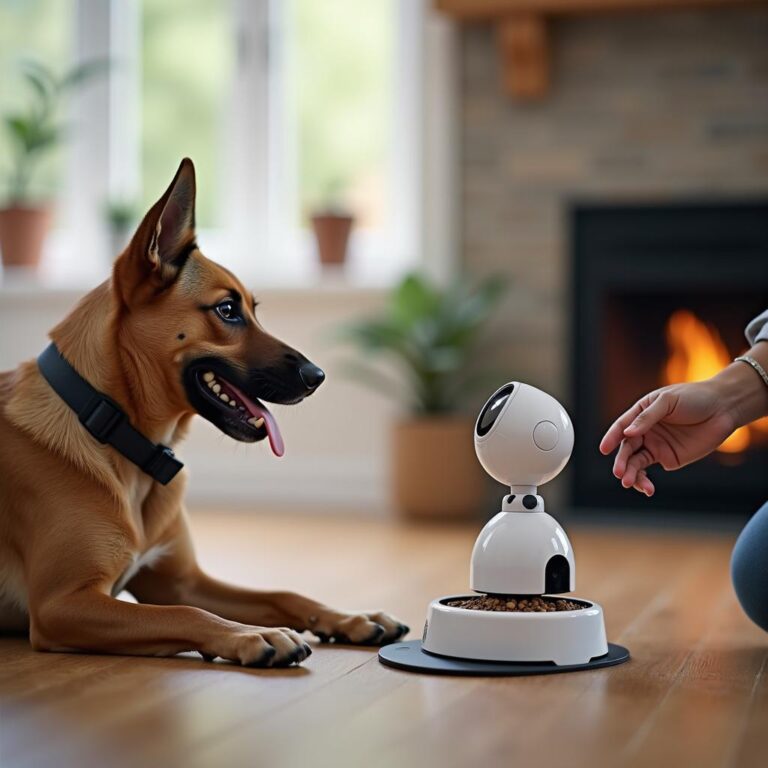Best Small Animals for Apartment Living
Best Small Animals for Apartment Living
Living in an apartment often means limited space, which can pose challenges for pet owners. Fortunately, there are plenty of small animals that are perfectly suited for apartment living. These pets can provide companionship and joy without taking up too much room. In this article, we will explore the best small animals for apartment living, along with their care requirements, benefits, and why they make great pets for urban dwellers.
1. Hamsters
Hamsters are one of the most popular small pets for apartment dwellers. They are small, relatively low-maintenance, and do not require a lot of space. A suitable cage for a hamster can fit comfortably in any corner of your apartment.
Care Requirements: Hamsters need a cage with good ventilation, bedding, and a wheel for exercise. Their diet consists mainly of commercial hamster food, fresh fruits, and vegetables.
Why They Are Great Pets: Hamsters are nocturnal, so they can keep you company late into the night. They are fun to watch as they explore their environment, and they have a charming personality, making them ideal for apartment living.
2. Guinea Pigs
Guinea pigs are friendly, social creatures that thrive in pairs or small groups. While they need a bit more space than hamsters, they are still manageable in an apartment setting.
Care Requirements: Guinea pigs need a spacious cage, bedding, fresh hay, a variety of fresh vegetables, and vitamin C supplements. They also require regular interaction and socialization from their owners.
Why They Are Great Pets: Guinea pigs are known for their gentle nature and unique vocalizations. They can be affectionate and form strong bonds with their owners. Their personalities often make them delightful companions.
3. Rabbits
Rabbits are another great choice for apartment living, especially certain small breeds like Holland Lops or Netherland Dwarfs. They can be litter-trained, which makes them easier to care for indoors.
Care Requirements: Rabbits need a spacious cage or pen, regular exercise time outside of the cage, fresh hay, pellets, and fresh vegetables. They also require mental stimulation through toys and socialization.
Why They Are Great Pets: Rabbits are playful and can even be trained to do tricks. They enjoy interacting with their human companions and can be quite loving. With proper care, they can live up to 10-12 years.
4. Ferrets
Ferrets are lively and curious animals that can be a delightful addition to apartment life. Although they require a bit more supervision than some other small pets, their playful nature makes up for it.
Care Requirements: Ferrets need a spacious cage with levels to explore, as well as plenty of out-of-cage time to exercise and play. Their diet includes high-quality ferret kibble and occasional treats.
Why They Are Great Pets: Ferrets are known for their playful antics and intelligence. They can be litter trained and are affectionate, ensuring plenty of entertainment and engagement for their owners.
5. Rats
Though often overlooked, rats are incredibly intelligent and social pets that do well in small living environments. They are easy to care for and can even learn tricks.
Care Requirements: Rats need a multi-level cage, bedding, toys, and a diet consisting of rat pellets, supplemented with fresh fruits and vegetables.
Why They Are Great Pets: Rats are highly social and often enjoy spending time with their owners. They have unique personalities and can bond closely with humans, making them great companions for apartment residents.
6. Mice
Mice are small, quiet, and low-maintenance pets that are perfect for individuals living in apartments. Their tiny size allows for minimal space requirements.
Care Requirements: Mice need a secure cage, bedding, a wheel for exercise, and a balanced diet of mouse pellets, grains, and occasional fruits and veggies.
Why They Are Great Pets: Mice are active at night, providing evening entertainment as they race around their cage. Their playful nature and energetic antics make them fun to watch, and they typically require less interaction than larger pets.
7. Small Birds
Several species of small birds, such as budgerigars (budgies) and canaries, can thrive in an apartment setting. They are relatively easy to care for and can bring joy with their songs and chatter.
Care Requirements: Small birds need a well-ventilated cage, toys, and a diet of birdseed, pellets, and fresh fruits and vegetables.
Why They Are Great Pets: Birds are often very social and can form strong bonds with their owners. Their ability to mimic sounds and talk can be entertaining and rewarding, turning your apartment into a lively habitat.
8. Reptiles
If you’re looking for something a bit different, consider small reptiles like leopard geckos or anoles. They are generally low-maintenance and don’t require a lot of space.
Care Requirements: Lizards need a terrarium with proper heating and lighting, along with a varied diet depending on the species. They also need a clean habitat and regular handling for socialization.
Why They Are Great Pets: Reptiles can be fascinating to watch and interact with. They are quiet and won’t disturb your neighbors, making them ideal companions for apartment living.
Conclusion
Choosing the right pet for apartment living can greatly enhance your quality of life. From cuddly hamsters to playful ferrets, there are several small animal options that can fit seamlessly into your home. Each of these pets brings unique joys and companionship without overwhelming your limited space. Before deciding, consider the specific care needs, space requirements, and the type of companionship you desire. With the right choice, your apartment could become a warm and lively home for both you and your new furry (or scaly) friend.

